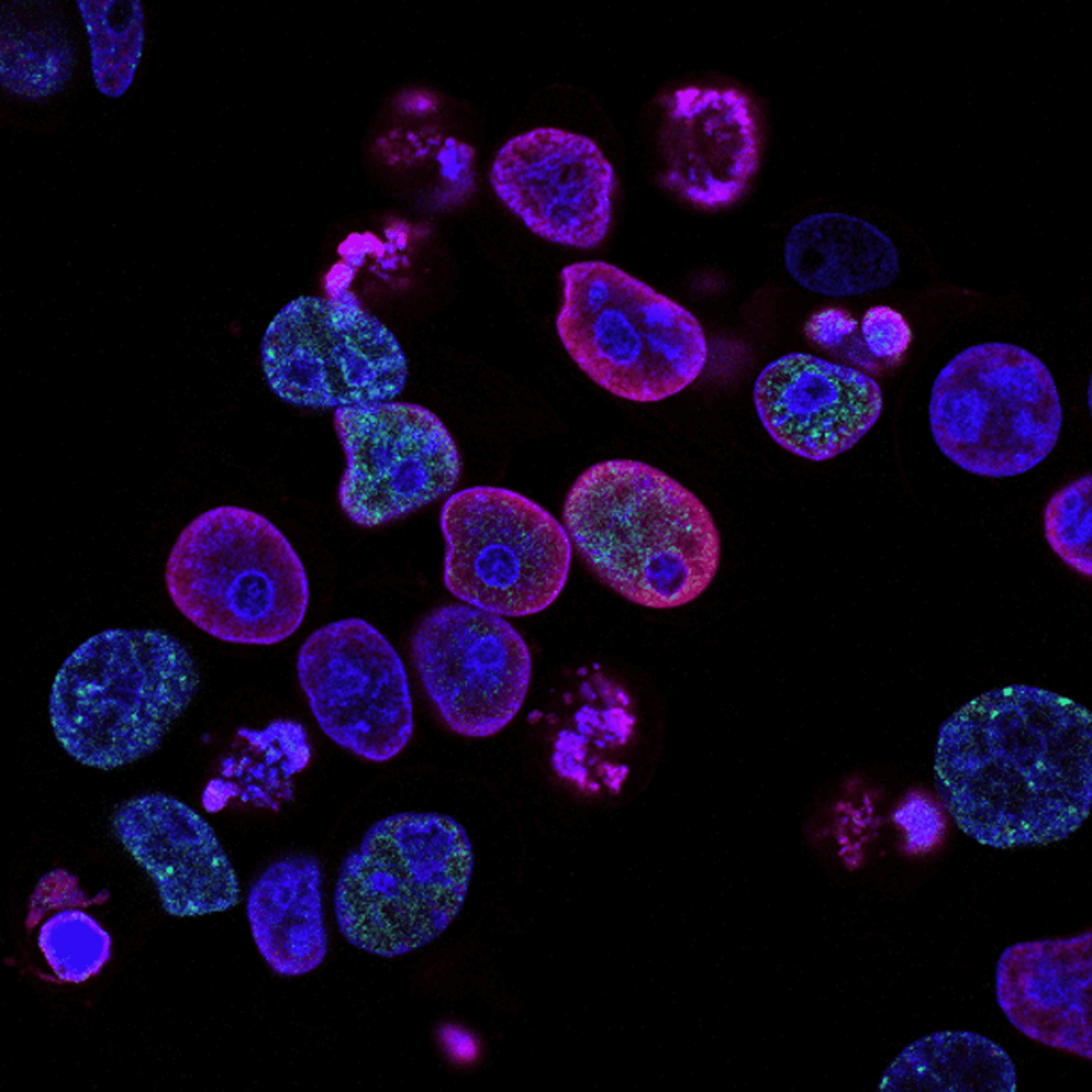
Cambridge scientists have developed a tool for predicting a person’s risk of developing prostate cancer. The tool is called CanRisk-Prostate and was developed by researchers at the University of Cambridge and The Institute of Cancer Research. “The algorithm has already recorded nearly 1.2 million risk predictions. This tool is already being used by healthcare professionals around the world,” so says the Cambridge University in a press release.
According to the university, the tool is timely, as prostate cancer is still the most common cancer in men. Indeed, more than 52,000 men are diagnosed with the disease every year and there are more than 12,000 deaths.
Such a test consists of a blood test that looks for a protein known as a prostate-specific antigen (PSA). This is produced only by the prostate gland. The problem is the accuracy of this type of test. According to researchers, about three in four men with elevated PSA levels will not have cancer. Further investigations, such as tissue biopsies or MRI scans, are therefore needed to confirm a diagnosis. “Testing based on PSA is not an option, as these are often false positives,” said Cambridge Professor Antonis Antoniou.

Genetic failures
In the Journal of Clinical Oncology, the researchers describe the development of the first comprehensive prostate cancer model using genetic and cancer family history data from nearly 17,000 families affected by prostate cancer. The algorithm uses data on rare genetic errors in moderate- to high-risk genes and a risk score based on 268 common low-risk variants.
To validate their model, the team ran the risk model on an independent cohort of more than 170,000 men who were hooked up to a huge UK biomedical database containing participants’ anonymised genetic, lifestyle and health information. All these men were free of prostate cancer when they were recruited for the study. And what turned out: more than 7,600 men developed prostate cancer within a decade.
Selected for you!
Innovation Origins is the European platform for innovation news. In addition to the many reports from our own editors in 15 European countries, we select the most important press releases from reliable sources. This way you can stay up to date on what is happening in the world of innovation. Are you or do you know an organization that should not be missing from our list of selected sources? Then report to our editorial team.






